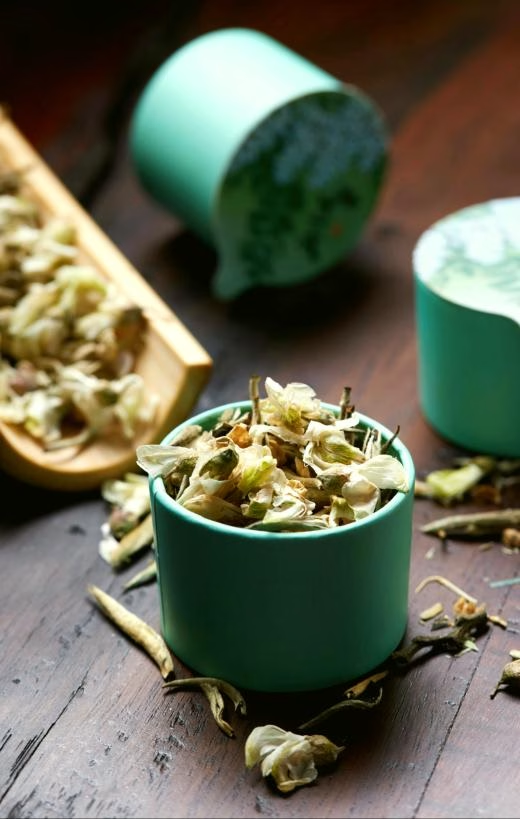Urinary tract infections (UTIs) are a common bacterial infection, with E. coli being the most common. However, other bacteria can also cause infections.
UTIs can affect parts of the urinary tract, such as the urethra, bladder, ureters, and kidneys. Initially, the infection usually affects the lower urinary tract, such as the urethra and bladder. Common UTI symptoms include burning during urination, frequent urination, cloudy or bloody urine, and pain in the lower abdomen or pelvis.
While UTIs can be treated with antibiotics, recurrence is possible even after recovery. Therefore, some doctors recommend consuming the following foods as supplemental treatment.
Foods rich in D-mannose, such as cranberries
D-mannose is a natural sugar that is often used to help treat urinary tract infections. It is found in many foods, such as cranberries, apples, and oranges.
D-mannose can help prevent certain infectious bacteria from attaching to healthy cells in the urinary tract, allowing them to be expelled from the body before they can cause any harm.
A related study also mentioned that women with urinary tract infections were divided into two groups. The experimental group took 2g of D-mannose daily to help improve their symptoms, while the control group took antibiotics daily to improve their symptoms. UTIs in both groups were significantly improved.
Scientists believe that D-mannose can help treat urinary tract infections. However, since D-mannose is a sugar, it is not suitable for people who are managing their blood sugar. Consult a doctor before deciding whether it is appropriate for them to take it.
Garlic
Garlic is a popular ingredient. Besides adding flavor to dishes, it has also been used historically as a medicinal herb.
Garlic is believed to treat fungal, viral, and bacterial infections, including urinary tract infections, thanks to the sulfur compound allicin it contains.
Scientists believe that eating garlic raw, rather than cooked, is most beneficial. However, those with digestive issues are advised not to consume it frequently, as it may irritate the stomach and increase gastric secretion.
Green Tea
Green tea has long been considered beneficial for health, and the polyphenols it contains are believed to have antibacterial and anti-inflammatory properties.
Catechins are particularly well-regarded among these polyphenols, with each cup (240ml) of green tea containing approximately 150mg. Catechins have also been shown in numerous studies to fight E. coli, a bacteria that is prone to urinary tract infections.
While daily consumption of green tea is safe for most people, some people experience insomnia after consuming caffeinated green tea. Therefore, frequent consumption of green tea is not recommended for those with insomnia.
Chamomile tea, Basil tea, and Peppermint tea
Chamomile tea:
Chamomile tea, with its antibacterial properties, is believed by scientists to fight bacteria that are more likely to cause UTIs, thereby preventing them.
Basil tea:
Scientists believe that this herbal tea, Basil tea, may flush bacteria associated with UTIs out of the urinary tract.
Peppermint tea:
Peppermint has been shown to have antibacterial properties in experiments. It fights bacteria, including E. coli, that may cause UTIs. Therefore, it is believed to help prevent UTIs.


Leave a Reply